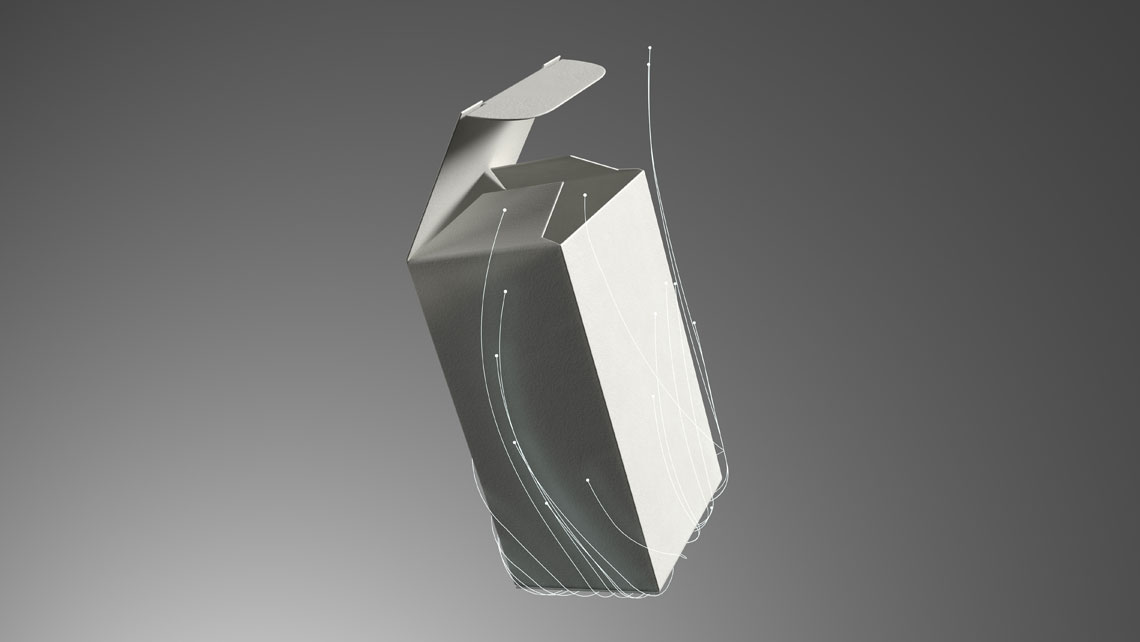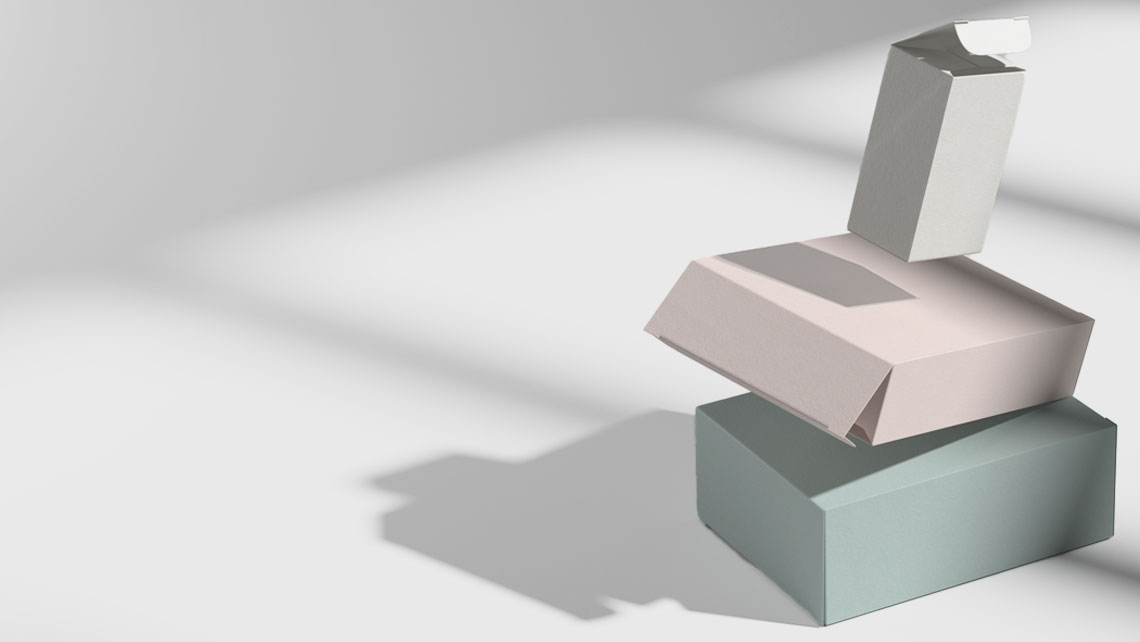When you rush to grab a coffee on-the-go, you often end up continuing your journey holding a paper cup, typically lined with fossil-based plastics to prevent any leaks from the hot beverage. While this widely used barrier coating technology is effective, it makes cups made from renewable cellulose fiber raw material non-biodegradable and difficult to recycle. With billions of paper cups used globally each year, the coffee cup exemplifies the challenge faced by brand owners aiming for more sustainable packaging.
“Paper and board packaging are renewable by nature and help reduce our reliance on fossil resources,” says Adam Tonzi, Vice President of Biomaterials for Paper & Board at Kemira. However, to make the fiber raw material suitable for demanding applications like food and beverage packaging, the industry still heavily depends on petroleum-based PE (polyethylene) or harmful compounds such as PFAS (per- and polyfluoroalkyl substances) to create barrier properties against water and grease. “The packaging value chain is dedicated to finding alternative technology solutions that are safe, fully recyclable, biodegradable, and renewable, aiming to reduce the environmental impact of packaging and create more favorable end-of-life options.”
This is where chemistry steps in to bridge the gap in packaging solutions. “We’re developing renewable chemistry innovations for everyday packaging items such as cups, take-away food boxes, wrapping papers, and flexible packaging. One of the most promising areas right now is the use of PHA as a barrier coating to create resistance to e.g., liquid and grease in paper and board packaging.”
Renewable, recyclable, and biodegradable PHA
PHA, short for polyhydroxyalkanoate, is an innovative alternative to traditional, non-renewable plastics. Derived from vegetable oils using advanced biotechnology, PHA offers a fully renewable coating solution for paper and board packaging. Kemira and Danimer Scientific joined forces in 2020 to develop fully renewable barrier for paper and board packaging based on Danimer’s polymer technology Nodax™ PHA. “With our expertise in specialty chemicals and their application in fiber-based products, our key focus has been on enhancing the performance and functionality of PHA as a coating for the intended end uses,” says Adam.
PHA coatings offer excellent barrier properties against water, oil, grease, moisture, and water vapor, making them an ideal replacement for existing barrier technologies. One of the many advantages of PHA is its complete biodegradability and compostability in various environments, leaving no harmful footprint behind. It shares the same level of biodegradability as cellulose, starch, and other natural polymers. “Unlike some of the newly developed bioplastics, paper coated with PHA fully degrades in soil and marine environment as well as in home compost.”
In the quest for novel packaging solutions to replace traditional plastic, it is also crucial that the coating possesses good converting capabilities, allowing its use in different packaging applications. PHA coating has proven to be heat sealable, cold weldable, and compatible to be applied onto various substrates from paper and board to flexible films.
“Thanks to these attributes, PHA provides a viable option for brand owners who are seeking packaging that reduces environmental impact and contributes to circular economy,” Adam enthuses and continues: “At the end of the day, recycling should always be the primary end-of-life option for paper products, whether it is a coffee cup or an e-commerce delivery package. This enables the recovery and reuse of the valuable fiber raw material.”
But recyclability is not enough. The packaging also needs to get recycled, and here both the infrastructure and the consumers play a role. “That’s why biodegradability is equally essential to ensure the product decomposes over time if it ends up in a landfill, or worse yet, gets discarded in the environment.”


